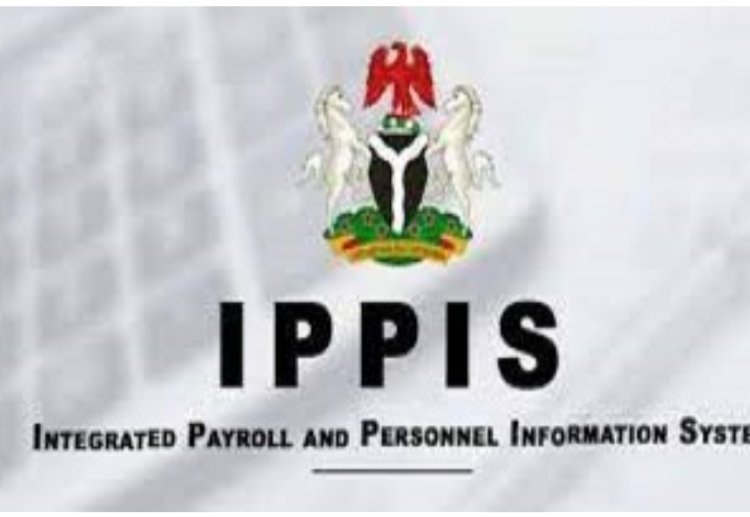NASS Commits to Removing Tertiary Institutions from IPPIS, Prioritizing Academic Welfare
Dr. Tajudeen expressed regret over IPPIS downgrading education in the country to a level where teachers' survival is at risk. He highlighted the National Assembly's engagement with vice-chancellors, revealing that a professor's take-home pay after deductions was less than N450,000, a salary he deemed embarrassing for the education sector.

In a significant development, the House of Representatives, represented by Speaker Dr. Abbas Tajudeen, has reaffirmed its dedication to extricate tertiary institutions from the Integrated Payroll and Personnel Information System (IPPIS). This move is aimed at improving the well-being of lecturers and mitigating the brain drain phenomenon within the academic sector.

Speaking at the 3rd International Conference of the Gender Policy Unit at Ahmadu Bello University (ABU) Zaria, Dr. Tajudeen expressed strong reservations about IPPIS. He characterized it as a computer program that is "anti-intellectual, anti-education, and completely ignorant of the issues involved." The House aims to champion the interests of academia, and one contentious matter on the agenda is the removal of universities, polytechnics, and colleges of education from IPPIS.
READ ALSO: Okada Rider Defies Odds: Graduates with First Class from FUNAAB
"It is our determination to ensure that universities, polytechnics, and colleges of education are removed from IPPIS. It is also our determination to make sure that education receives a substantial portion in the national budget, at least to meet up with the United Nations requirement of 26 per cent of the National budget," he asserted.
Dr. Tajudeen expressed regret over IPPIS downgrading education in the country to a level where teachers' survival is at risk. He highlighted the National Assembly's engagement with vice-chancellors, revealing that a professor's take-home pay after deductions was less than N450,000, a salary he deemed embarrassing for the education sector.
RECOMMENDED FOR YOU: Mareena Robinson Snowden: Pioneering the Path as the First Black Woman with a Nuclear Engineering PhD from MIT
The Speaker outlined the broader societal implications, stating that combating poverty, gender inequality, and insecurity is not just a moral imperative but a fundamental necessity for the progress and prosperity of the nation. He urged a holistic approach to address these challenges.
As part of the conference, Dr. Abbas Tajudeen received the Award of Excellence in the fight against poverty, gender inequality, and insecurity. The event, themed "Gender and Security in Africa: the Implications for Sustainable Development Goals," provided a platform for professionals in academia, security, and other stakeholders to engage in critical discourse on the implications of insecurity for Sustainable Development Goals (SDGs).
INCASE YOU MISSED: Young Nigerian Orange Seller, Ayomide Adeoye, Graduates with Scholarship After Viral Video
The commitment to remove tertiary institutions from IPPIS reflects a proactive stance by the House of Representatives to reshape educational policies and prioritize the welfare of educators, fostering an environment conducive to academic excellence.





